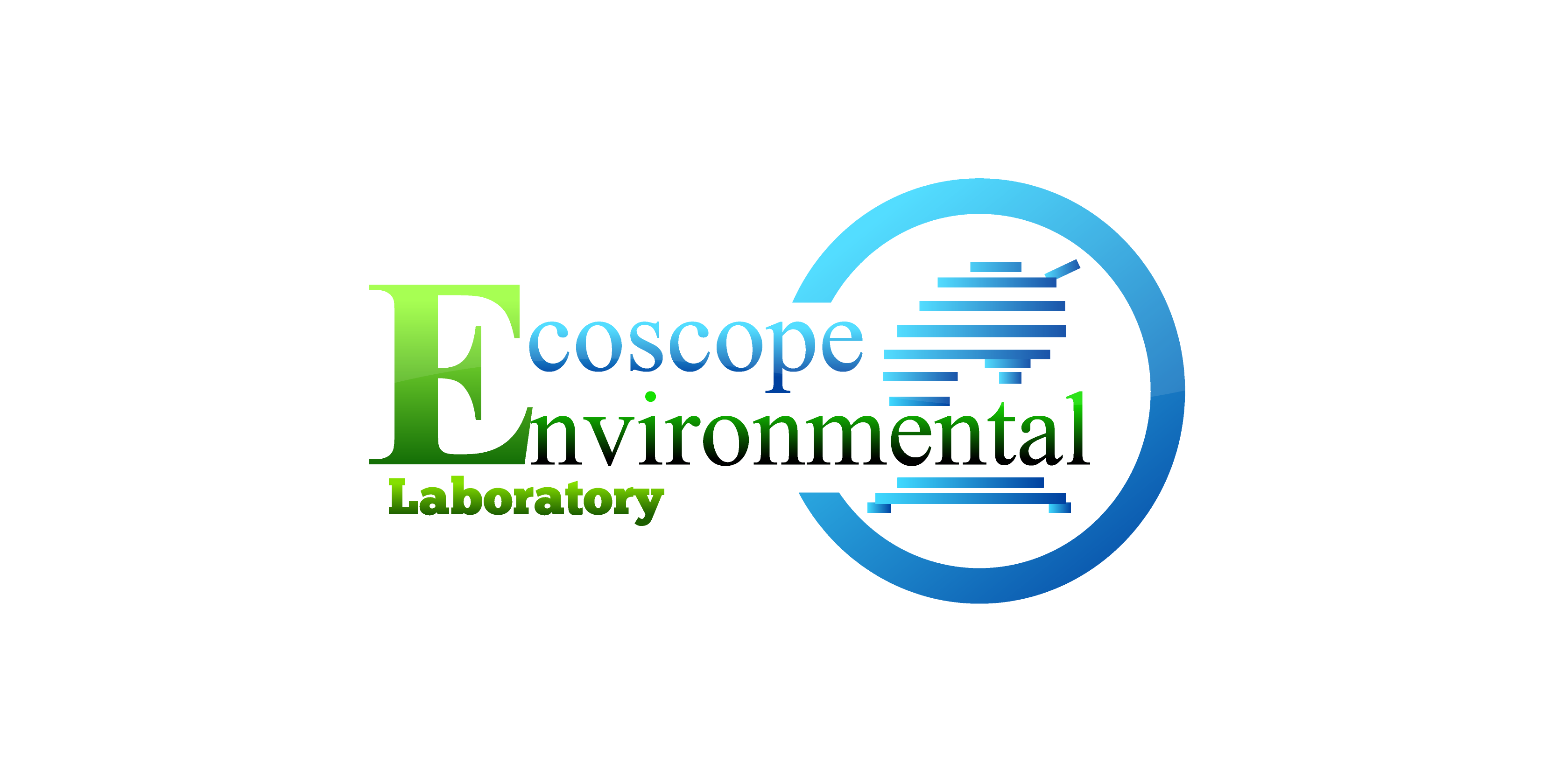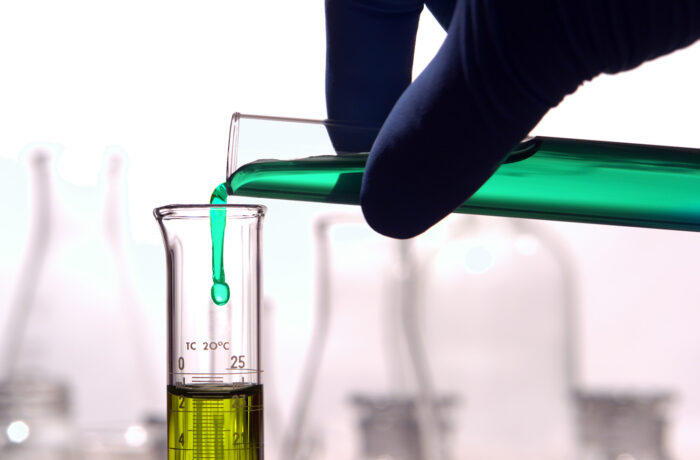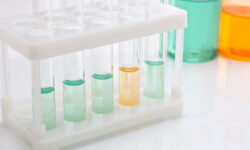Coliforms are diverse group of bacteria which are used as a general indicator of faecal contamination in water sources. Coliforms are the most sensitive but least specific indicator group for faecal contamination because while many are part of the normal flora of the intestinal system of humans and other warm blooded animals, many also occur naturally in the soil and vegetation. The presence of coliforms is thus suggestive, but not clearly indicative, of faecal contamination of drinking water supplies, or breakdown of barriers against contamination.
The guidelines use total coliforms as an indicator due to their long life span in natural water. The fact that coliforms outlive E.coli in the natural environment enable them to indicate less recent or more remote incidents of faecal pollution. The presence of coliforms can also suggest the presence of free-living potential pathogens such as Legionella spp., which may benefit from the conditions.
The density of the coliforms present is a good indication of the efficiency of water treatment and disinfection processes.





